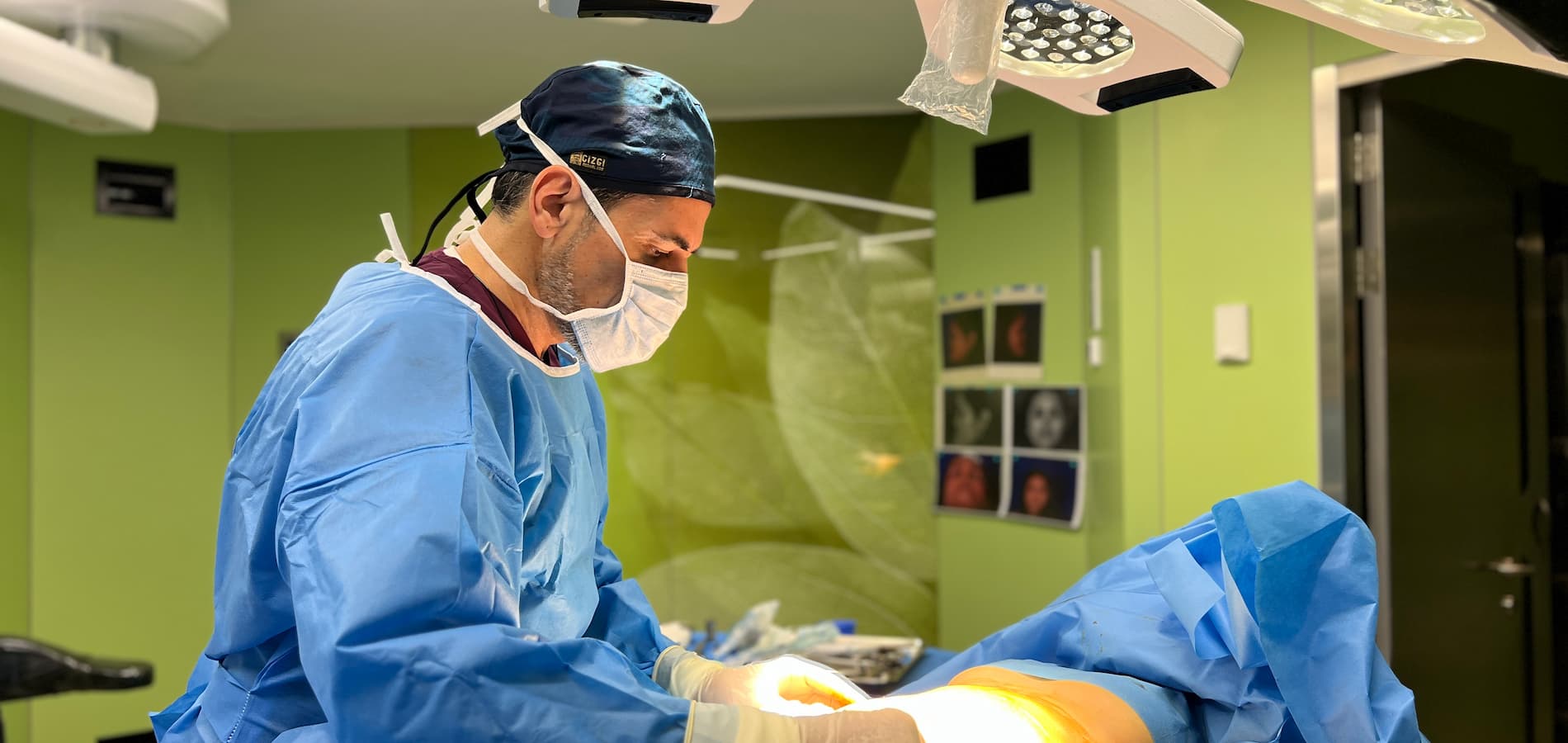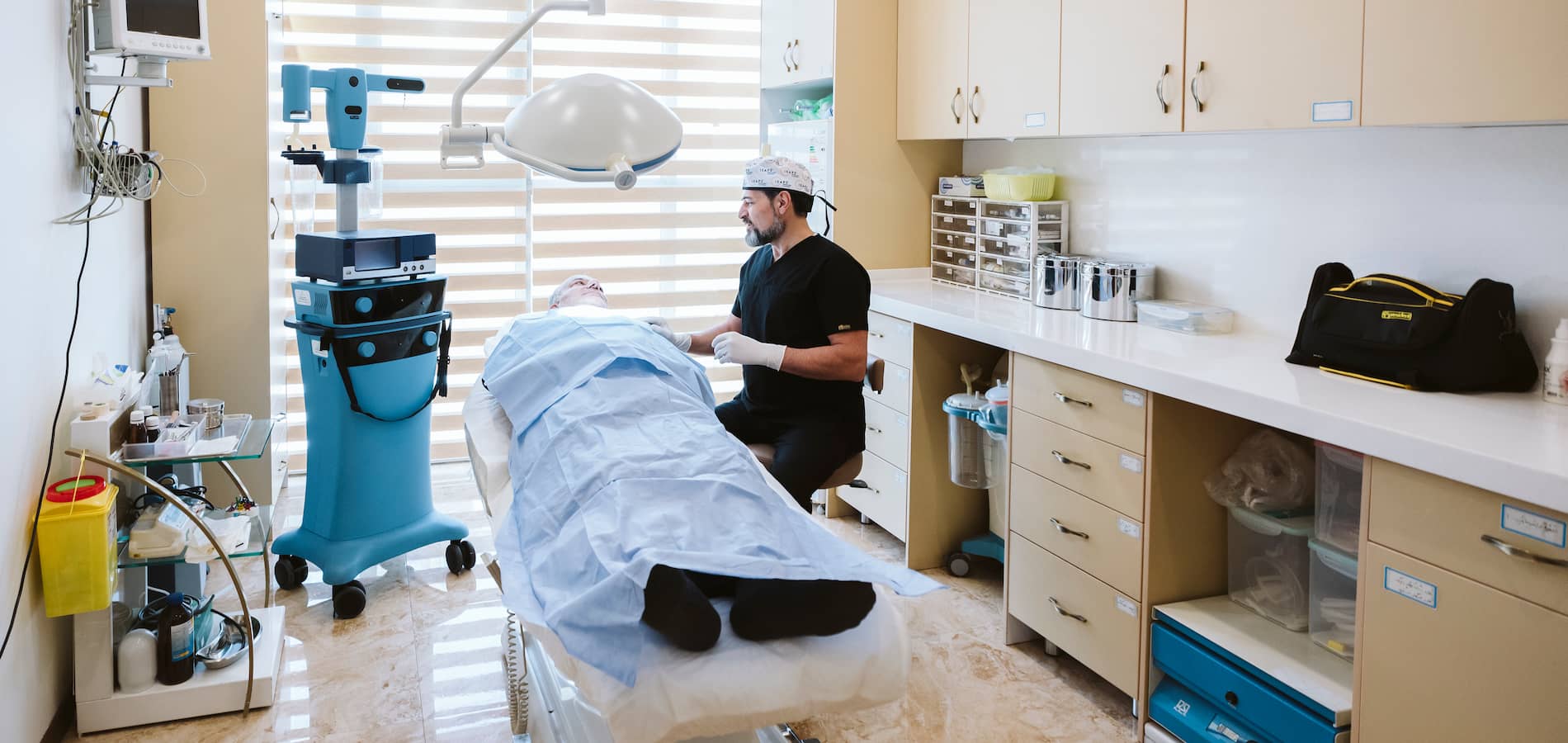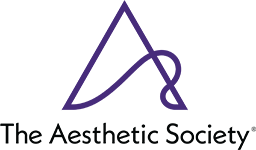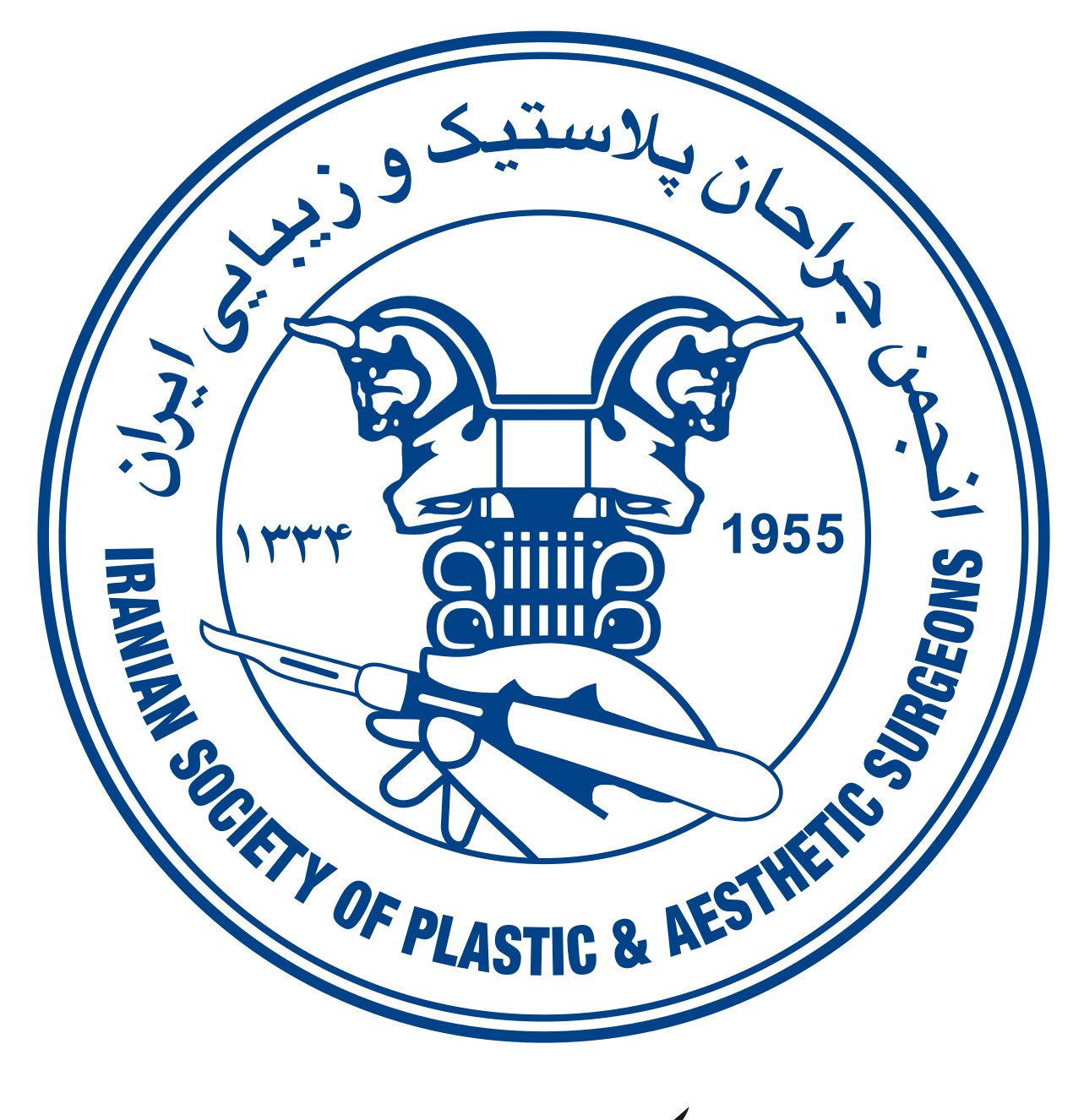I am Dr. Gholamhossein Ghorabi, a super specialist in plastic, cosmetic, and reconstructive surgery. I am an official member of the American Academy of Cosmetic Surgeons (ASAPS), the International Society of Aesthetic Plastic Surgery (ISAPS), and the Iranian Society of Plastic and Cosmetic Surgeons (ISPAS). I am committed to my patients; they are at the center of my practice, and patient safety is our highest priority.
My goal is to provide safe and effective cosmetic procedures and improve the quality of life for patients throughout Iran and the world. If you are considering cosmetic surgery, this section provides information about various surgical methods, choosing a surgeon, risks, practical tips, and considerations to keep in mind if you undergo surgery.
Safety Considerations
Safety should be your top priority when deciding to undergo cosmetic surgery or non-surgical procedures. You should ensure that:
- You have chosen a suitable procedure for yourself.
- The plastic and cosmetic surgeon you choose is trained and qualified to perform this cosmetic procedure.
- The surgical facility is safe, licensed, and complies with the standards of the Ministry of Health and the Treatment Deputy.
Surgical Method
If you are considering a cosmetic procedure, ask yourself these questions:
- Does this procedure precisely create the changes you want?
- Are your expectations realistic? You should have a clear understanding of the changes and limitations of this method.
- For example, you may be considering liposuction and lipoma, while in reality, abdominoplasty (tummy tuck) may be more suitable for you.
- Are you fully familiar with the surgical procedure and its potential complications?
- Are you aware of the amount of scarring, recovery period, and potential risks?
Appropriate Patient Selection for Surgery
If you intend to undergo plastic and cosmetic surgery, you should carefully consider your expectations and discuss them with your surgeon. Safety should always be the priority, and you should not rush into making a decision. Setting the right expectations is the key to patient satisfaction.
A satisfied patient is the result of a precise treatment plan achieved through proper consultation with the surgeon.
Your surgeon should listen to your requests, perform a complete examination, and then offer you suitable treatment options, including what is achievable and what is not possible. In some cases, plastic surgeons may not recommend a particular procedure because it is unrealistic or unsuitable for the patient.
Before deciding to undergo surgery, ask yourself these questions:
- What change do I want to see in my appearance?
- Why is this change important to me?
- Why am I considering this procedure now? What made me decide?
- How long have I been thinking about this procedure?
- What impact do I expect this procedure to have on my life?
- Are there other ways to achieve my desired changes?
- Do I want cosmetic surgery for myself, or to please others or improve my social and professional standing?
- Do I have the financial ability to pay for the cost of cosmetic surgery and subsequent care?
Don’t rush into making a decision. If you are undergoing treatment for a mental illness, be sure to consult your treating physician before surgery and inform your surgeon of your medical history or mental health issues.
Choosing a Surgeon
To ensure you make the right choice, you should check that your surgeon:
- Has sufficient knowledge, training, and experience in performing the desired procedure.
- Works in a safe surgical center, licensed by the Ministry of Health, the Medical System Organization, the Treatment Deputy, and with experienced personnel.
Surgical Safety Standards
The best way to assess safety is to make sure your surgeon operates in a reputable office, hospital, or clinic. Reputable centers undergo rigorous evaluations and operate based on safety standards.
Safety Protocols
The World Health Organization (WHO) has developed a 19-item surgical safety checklist, the consistent implementation of which can reduce complications and mortality from surgery.
This checklist is like a pilot’s pre-flight checklist and consists of three phases:
- Before anesthesia
- Before making a surgical incision
- Before the patient leaves the operating room
At each stage, a member of the surgical team must confirm that all items on the list have been checked. Ask your surgeon if this checklist or a similar protocol is used in the surgical center.
Surgical Environment; Hospital or Clinic?
Hospital
If your surgery is performed in a hospital, check that the hospital has a certificate of accreditation or license. Ask your surgeon about this license and the name of the issuing organization. Also, healthy patients should not be exposed to patients with infectious diseases.
In a safe hospital, cosmetic plastic surgery patients should not be in the same operating room, with the same medical staff, and in shared recovery wards with hospitalized patients.
Outpatient Surgical Clinics
These clinics must be under the supervision of the Ministry of Health and the Treatment Deputy and adhere to strict standards. These standards include equipment safety, surgeon qualifications, operating room conditions, and medical staff.
How to Ensure Your Safety?
By following these four principles, maximize your safety:
- Choosing an experienced and qualified surgeon
- Choosing a suitable and realistic procedure based on consultation with a cosmetic surgeon
- Ensuring that the procedure is performed in a reputable and safe surgical center
- Knowing the standard safety protocols and post-operative care
With awareness and care, you can have a safe and successful cosmetic surgery experience.





